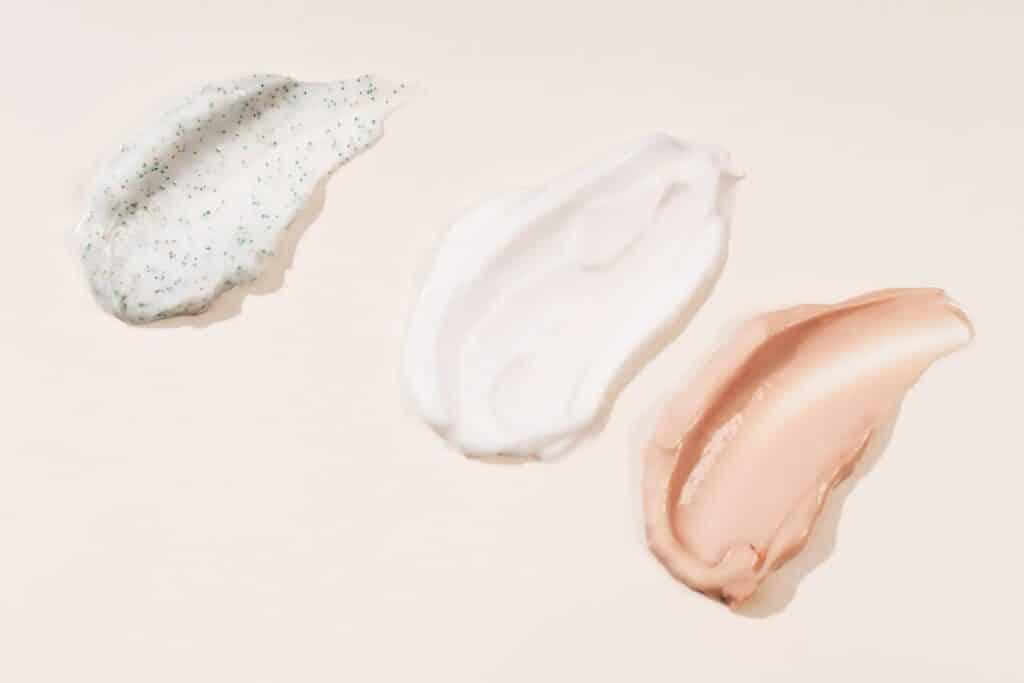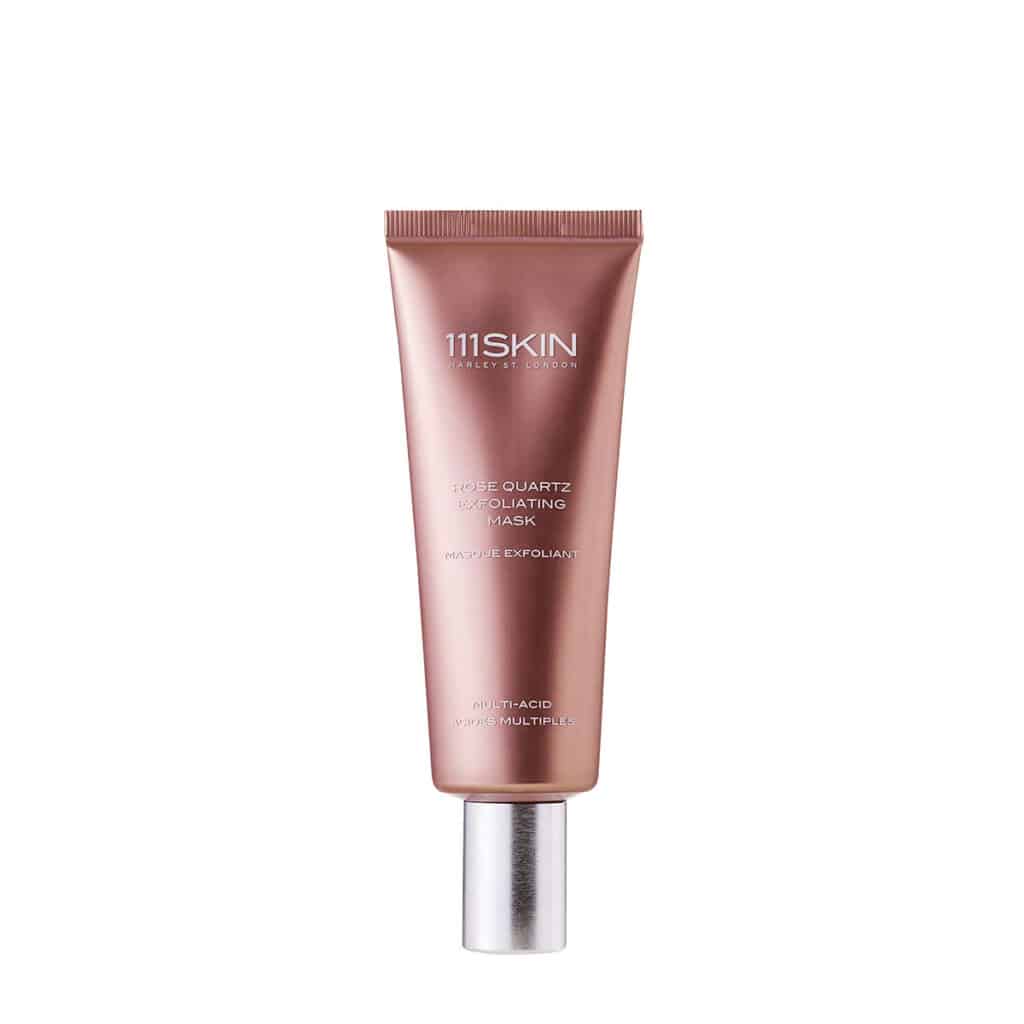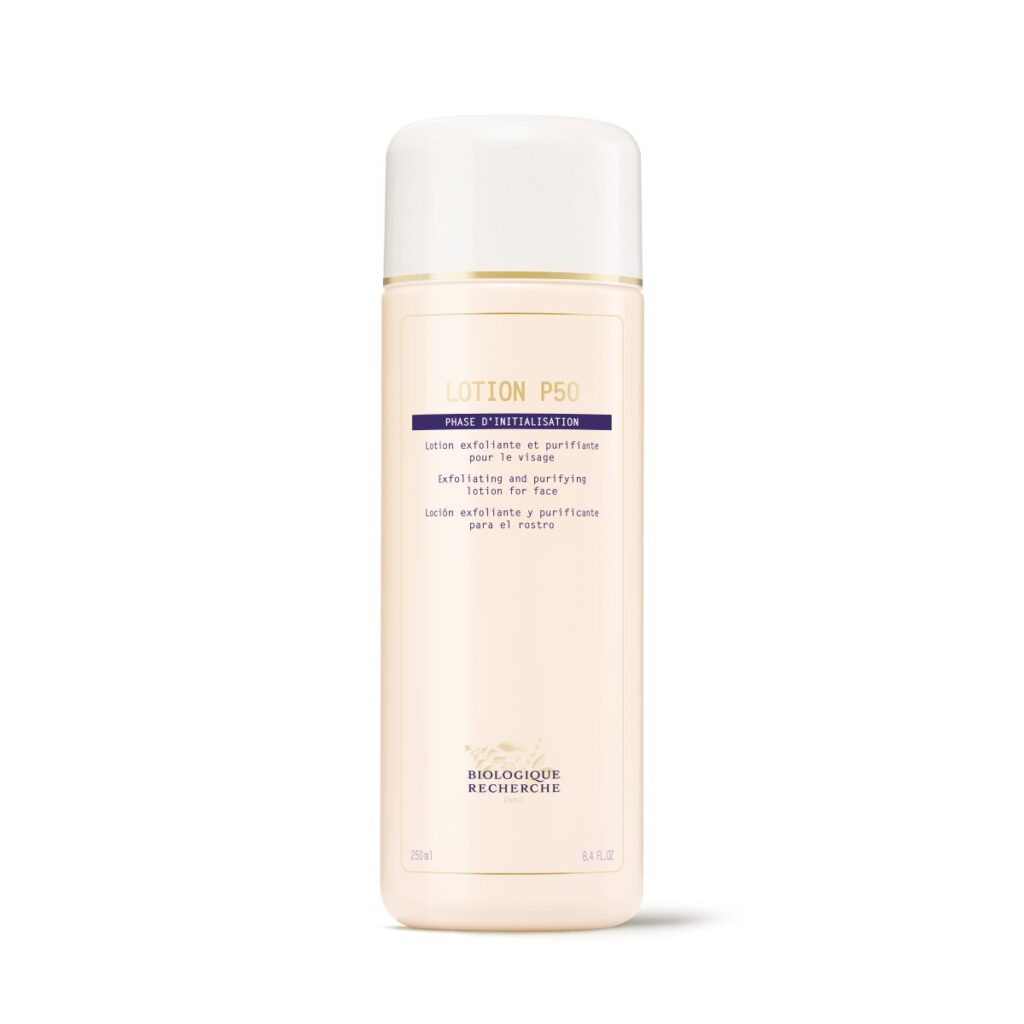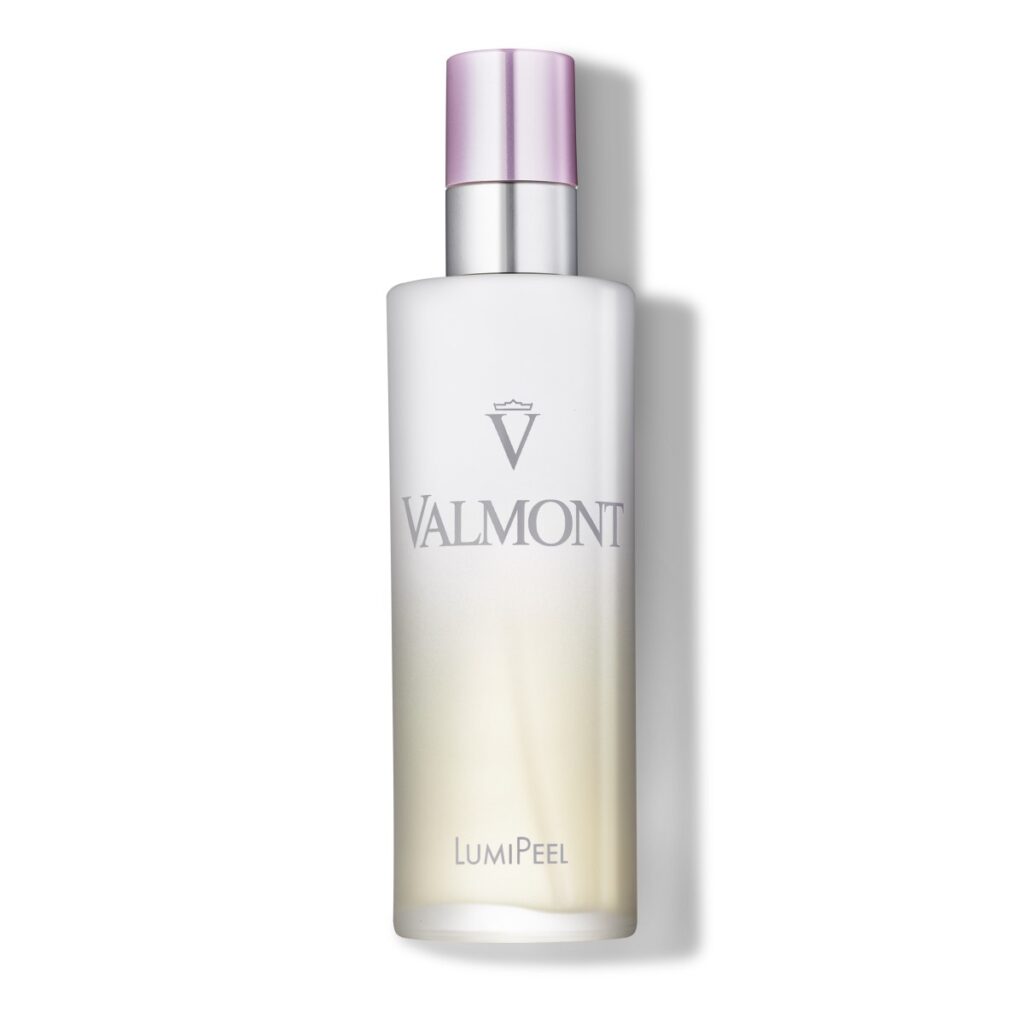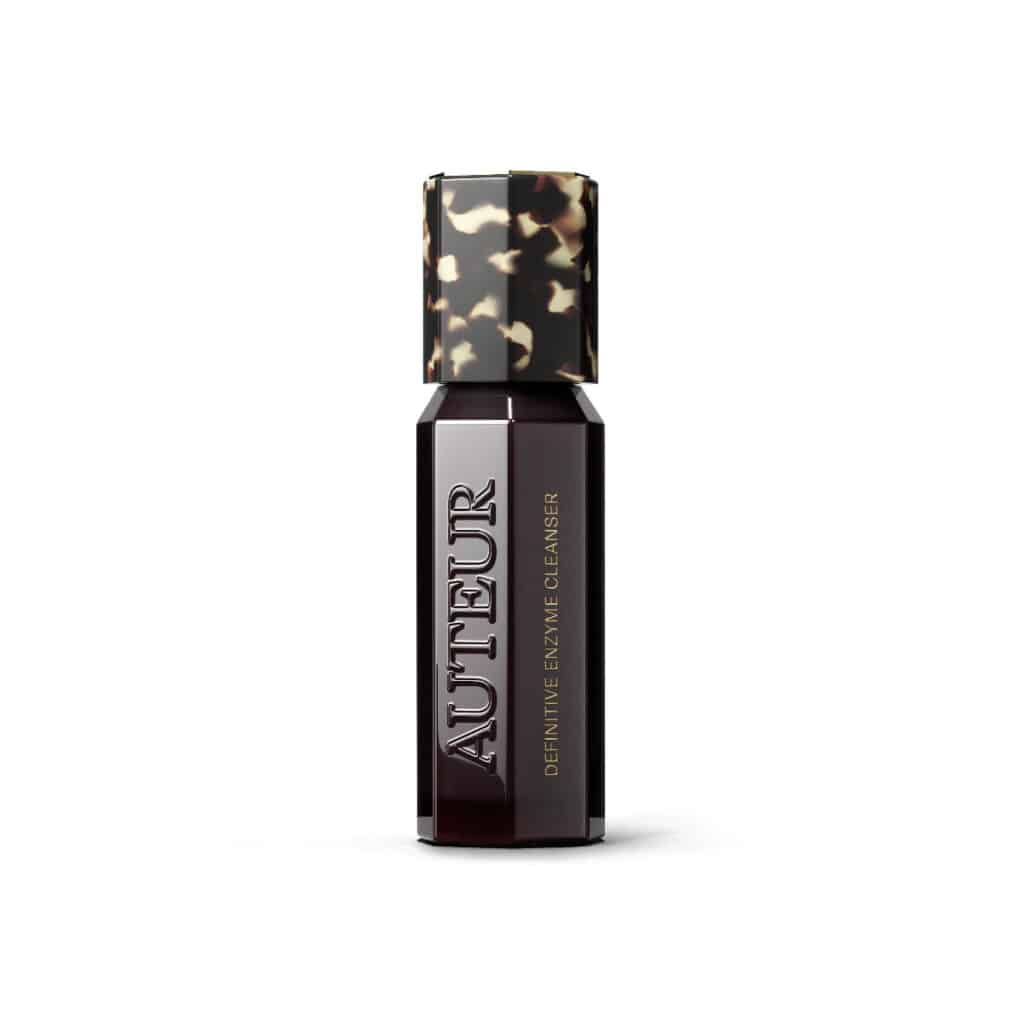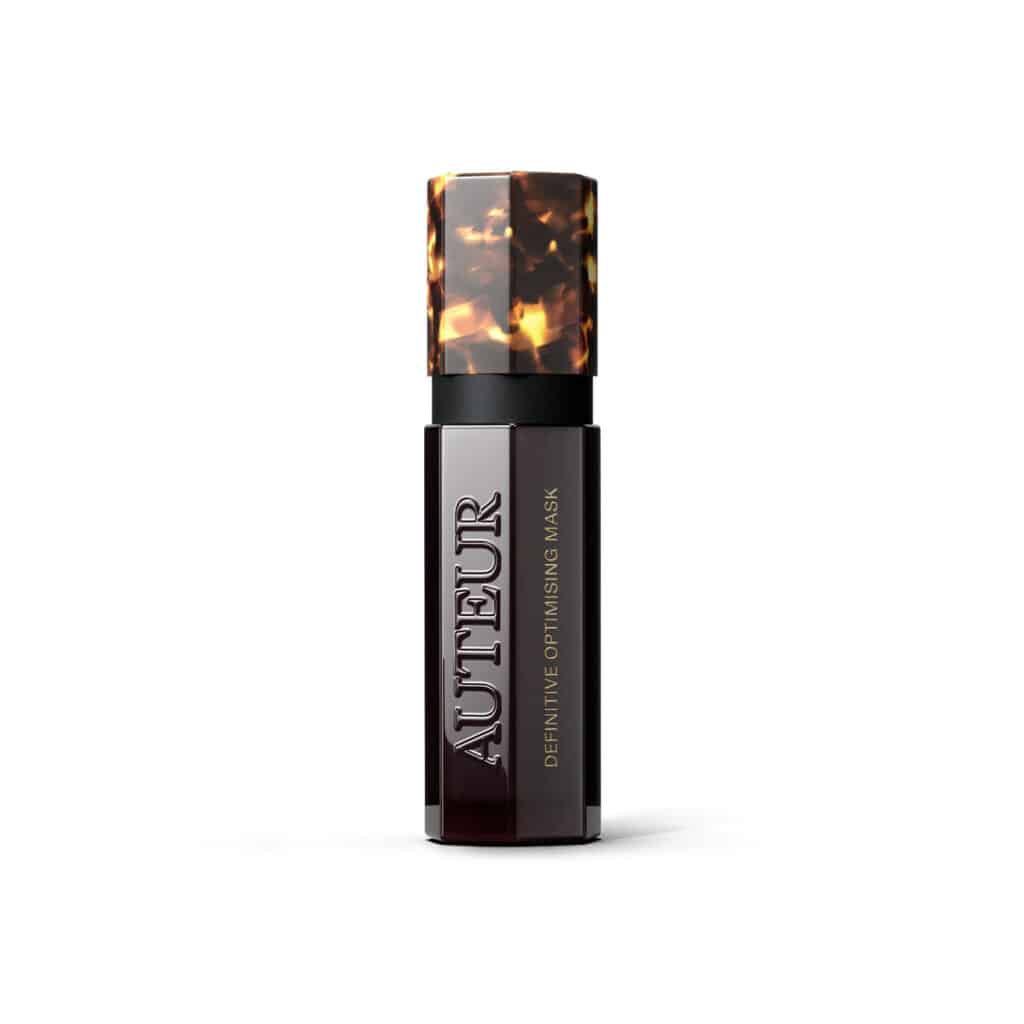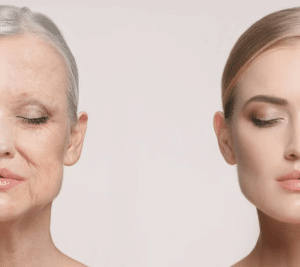Exfoliating has its place in nearly every skincare routine. By removing dead skin cells, it helps improve skin texture, unclog pores, and enhance the effectiveness of your other skincare products. However, it must be done right- incorrect exfoliation, whether you’re doing it too frequently or with the wrong products, can lead to irritation, breakouts, and damage. Here’s your guide on the why’s and how’s to exfoliate correctly based on your skin type.
General Tips
Before getting into specific advice for different skin types, it’s important to understand some general principles of exfoliation that apply to everyone.
Avoid Harsh Scrubs:
Physical exfoliants with large, coarse particles can cause micro-tears in the skin, leading to irritation and inflammation. Instead, opt for gentle exfoliants with smaller round particles or chemical exfoliants that dissolve dead skin cells without abrasion.
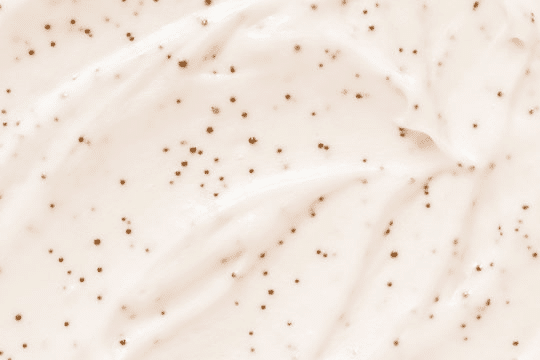
Don’t Overdo It:
Using too many exfoliating products or exfoliating too frequently can strip the skin of its natural oils, compromising the skin barrier. This can lead to increased sensitivity, dryness, and breakouts. While it’s dependent on the type of product and your skin, generally exfoliating 2-3 times a week is sufficient for most skin types.
Moisturize Afterwards:
Exfoliating can leave your skin feeling dry, so it’s essential to follow up with a hydrating serum and moisturizer to restore moisture and maintain the skin barrier, even if your skin tends to be oily.
Exfoliation Guide for Different Skin Types
Oily Skin
Why Exfoliate: Helps to unclog pores and control excess sebum production.
Best Practices: Use a gentle exfoliant 2-3 times a week that effectively removes oil and dead skin cells. Avoid heavy, abrasive scrubs that can irritate and dry out the skin, further exacerbating oil production.
Product Recommendation: Rose Quartz Exfoliating Mask
Acne-Prone Skin
Why Exfoliate: Removes dead skin cells that can clog pores and exacerbate acne.
Best Practices: Opt for gentle chemical exfoliants that can penetrate pores and clear out impurities. Avoid harsh scrubs and physical exfoliants that can irritate the skin and cause more breakouts and inflammation. Limit exfoliation to avoid over-drying and irritation.
Product Recommendation: Lotion P50
Sensitive Skin
Why Exfoliate: Helps to remove dead skin cells and improve skin texture without causing irritation.
Best Practices: Choose mild, soothing exfoliants and start off by only using exfoliating products during the evening. Always follow up with calming and hydrating products to minimize irritation and protect the skin barrier.
Product Recommendation: LumiPeel
Dry Skin
Why Exfoliate: Removes flaky, dead skin cells and allows for better absorption of hydrating products.
Best Practices: Use gentle exfoliants that provide moisture while exfoliating. Limit exfoliation to once or twice a week to avoid over-drying the skin, and always follow with a moisturizer to lock in hydration.
Product Recommendation: Definitive Enzyme Cleanser
Combination Skin
Why Exfoliate: Balances the oily and dry areas of the skin.
Best Practices: Exfoliate 2-3 times a week, adjusting the frequency based on how your skin responds, and focus on balancing both the oily and dry areas without causing irritation.
Product Recommendation: Definitive Optimising Mask
Exfoliation is an essential part of any skincare routine, but it’s important to do it correctly to avoid damaging your skin. By understanding your skin type and choosing the right exfoliants, you can achieve a healthy, radiant complexion. For personalized advice and product recommendations, book a consultation with our expert estheticians. They can help you incorporate an exfoliating product into your routine, ensuring you get the best results without irritation.

